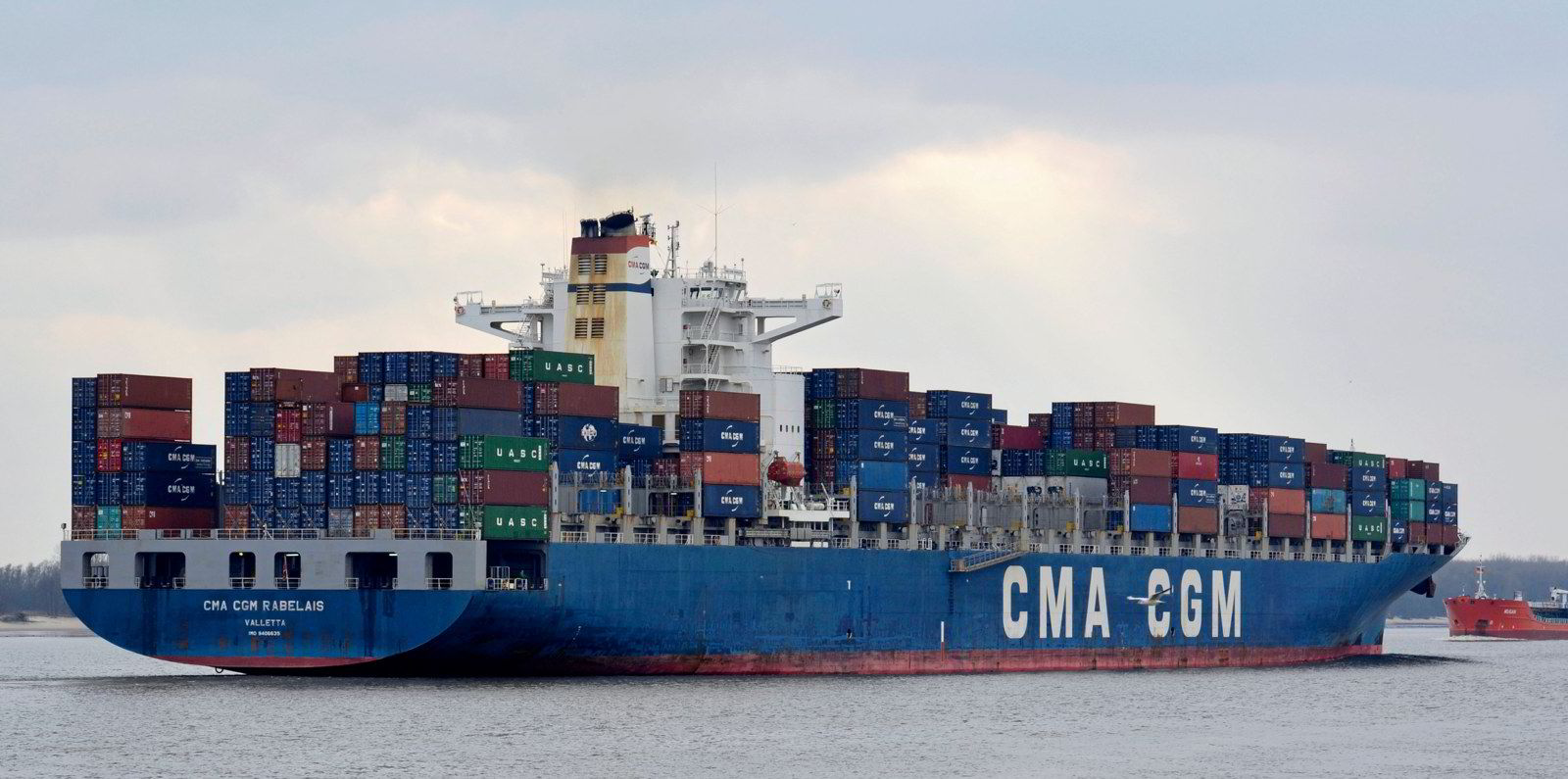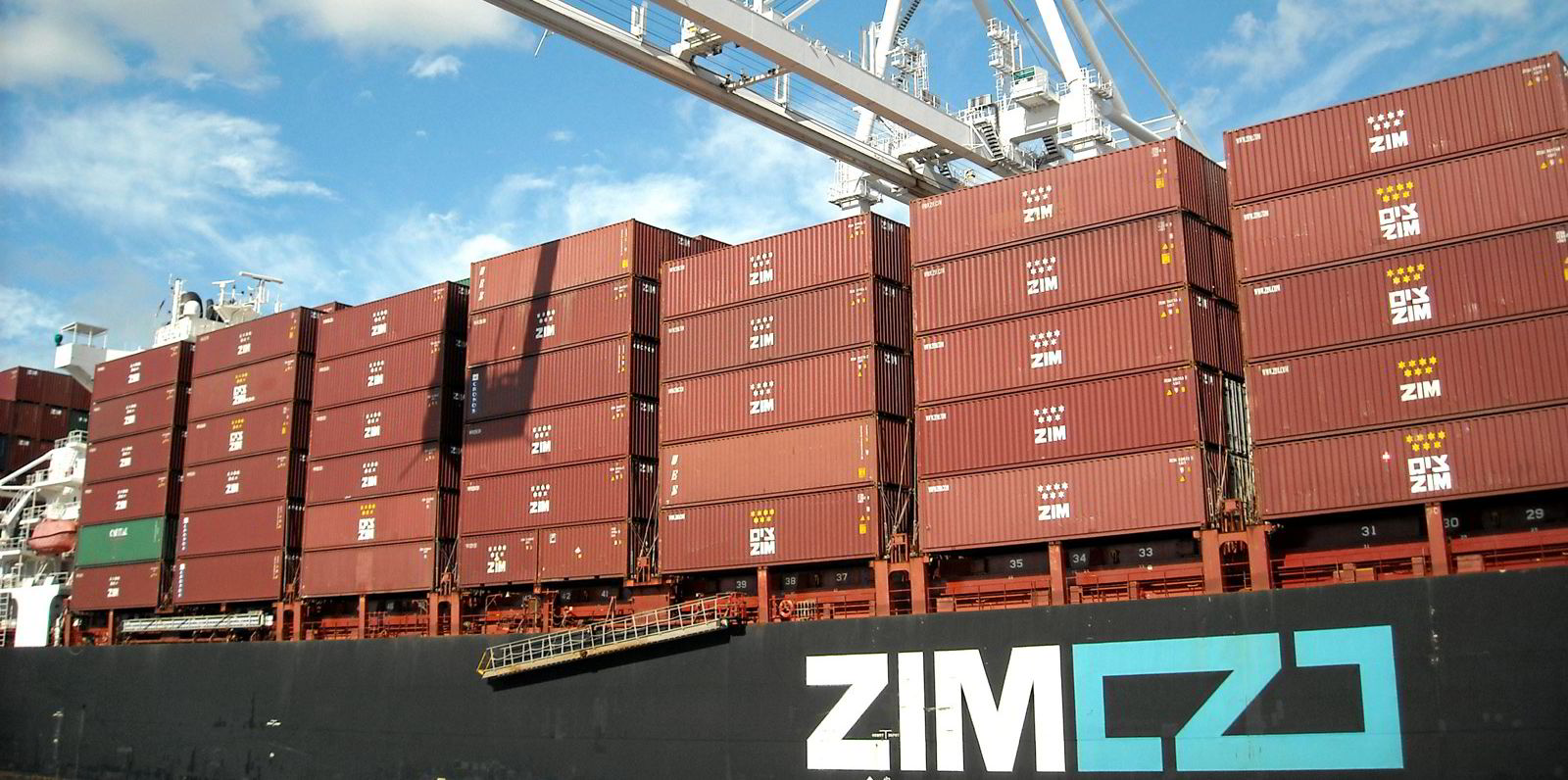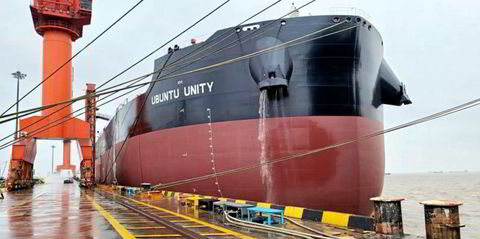Germany’s MPC Container Ships (MPCC) has added huge earning potential through new charter deals as first-quarter profit soared.
The Oslo-listed feeder ship specialist said 23 predominantly multi-year contracts were signed in the period, on the back of high chartering activity.
The deals include numerous “strategic forward fixtures”, with coverage stretching into 2026.
As a result, the revenue backlog has been built to $1.7bn, while expected Ebitda is $1.4bn from period coverage.
Fearnley Securities expects further comments from the company on the fixing of six remaining open vessels for 2022, possibly on a scheduled conference call with analysts.
Net profit in the first quarter was $116.8m, up from $3.5m in the same period of 2021.
Operating revenue from the 65 ships jumped to $142.9m from $54.9m, while Ebitda of $137.7m was up 160% and largely in line with analysts’ expectations.
Ship utilisation was 98.8% in the period.
The average time charter equivalent figure was $24,845 per day, compared with $10,502 per day a year earlier.
The company had cash and cash equivalents of $81.5m at 31 March.
Chief executive Constantin Baack said: “We are pleased to report another strong quarter ... in which we have been able to sustainably grow our earnings and profits.”
The dividend payment will be $71m, or $0.16 per share.
So far, the company has returned $271m to shareholders this year.
The container charter market continues to be strong, with the availability of vessels remaining tight, MPCC said.
“Yet, due to the uncertainties, freight rates and time charter rates took a little breather in Q1 but are still at significantly elevated levels,” it added.
The company noted “prolonged” charter terms, with most fixtures now concluded months in advance.
“Congestions and supply chain disruptions continue to be severe and are likely to continue in the foreseeable future. We do not expect that supply chains will be back to normal within this year,” it said.
And the owner is positive on the vessel supply side, despite a spate of newbuilding orders, particularly for larger ship classes: “Supply-demand outlook for regional trades, and thus smaller vessels, is continuously promising due to a modest orderbook and relative robust demand growth.”






